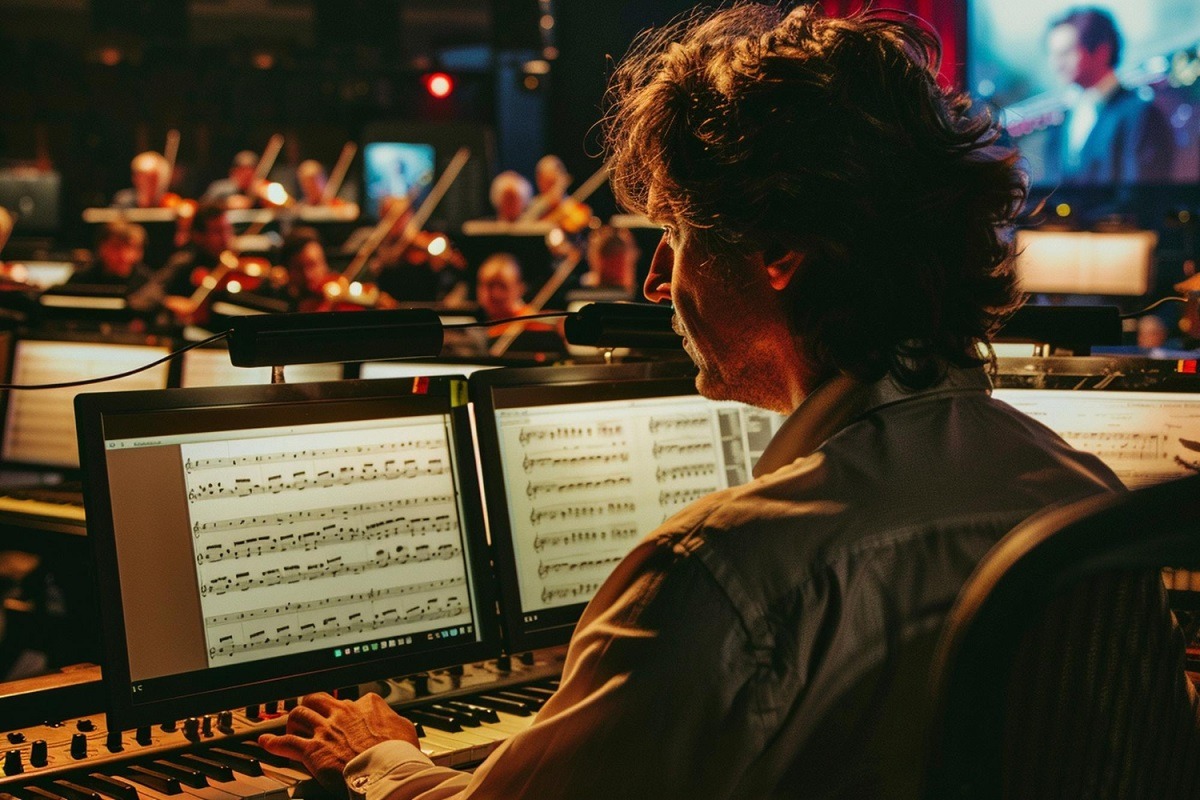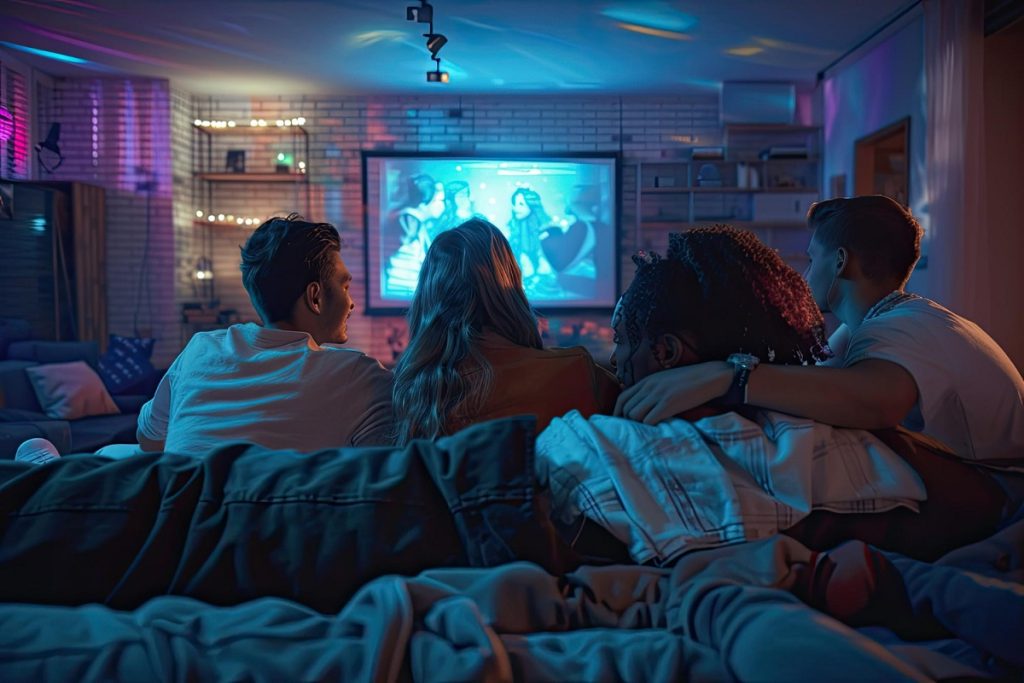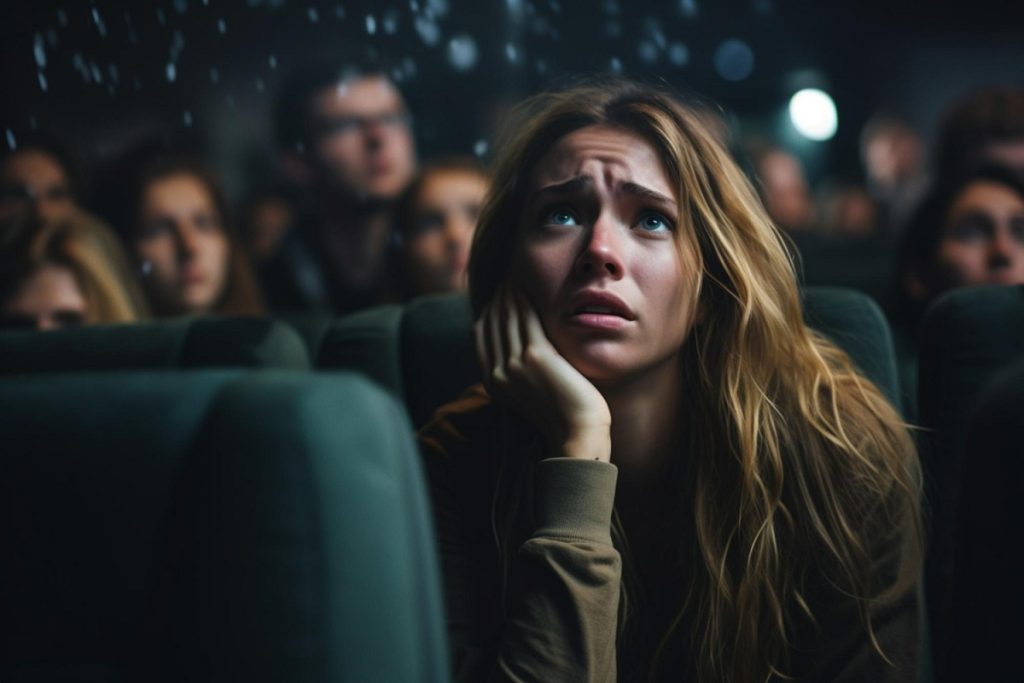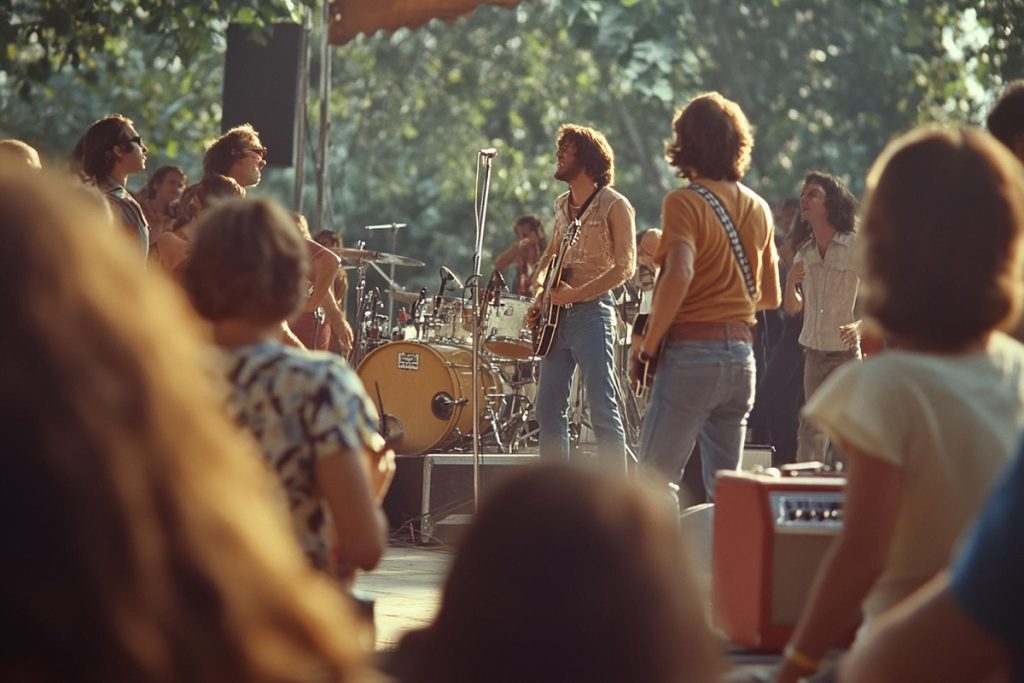The influence of classical music on contemporary film scores is an intricate tapestry woven through decades of artistic evolution. This fusion has not only enriched the texture of film soundtracks but also preserved classical music’s relevance in a rapidly evolving musical landscape.
By examining iconic composers and scores, we can appreciate how classical roots have informed and shaped the emotional landscapes of modern cinema.
Key elements of influence
Classical music, with its complex structures and emotional depth, forms the backbone of many memorable modern soundtracks. Its influence is evident across several key areas:
Iconic composers
Composers like John Williams and Hans Zimmer owe much of their musical vocabulary to classical predecessors. Williams’ score for Star Wars, for instance, directly references Holst’s The Planets suite, while Zimmer’s innovative use of motifs in Gladiator shows the influence of Wagner’s leitmotifs.
Influential scores
Howard Shore’s The Lord of the Rings soundtrack blends classical music’s thematic complexity with folk influences to create a historically rich aural palette that reflects the epic narrative of the films.
Similarly, the use of minimalist techniques by Philip Glass in Koyaanisqatsi revolutionized how minimalism could be employed to enhance the film’s message.
Cultural and historical impact
The melding of classical music into film scores has significantly impacted both the movie industry and audience perceptions.
Films like 2001: A Space Odyssey used classical pieces such as Strauss’ Also sprach Zarathustra to enhance cinematic moments, creating an almost visceral connection between viewer and scene that has endured as one of the most iconic openings in cinema history.
This not only heightened the movie’s emotional impact but also brought classical compositions to a broader audience.
Revival and innovation
This integration has also encouraged a revival in the interest in classical music, particularly among younger audiences, and has prompted contemporary composers to innovate within this style, ensuring its continuity and relevance.
Interesting anecdotes
The choice of Wagner’s Ride of the Valkyries in Apocalypse Now best illustrates the dramatic narrative power of classical music in film.
Director Francis Ford Coppola used this piece, originally meant to signify mythical warriors, to underscore the surreal intensity of a helicopter assault during the Vietnam War, thereby re-contextualizing and rejuvenating its cultural significance.
The intricate relationship between classical music and modern soundtracks highlights not only the adaptability and enduring appeal of classical forms but also underscores its crucial role in the narrative power of contemporary cinema.
As new genres and technologies emerge, the foundational influence of classical music continues to shape soundscapes and inspire audiences, proving its lasting importance and relevance in the ever-evolving music world.






